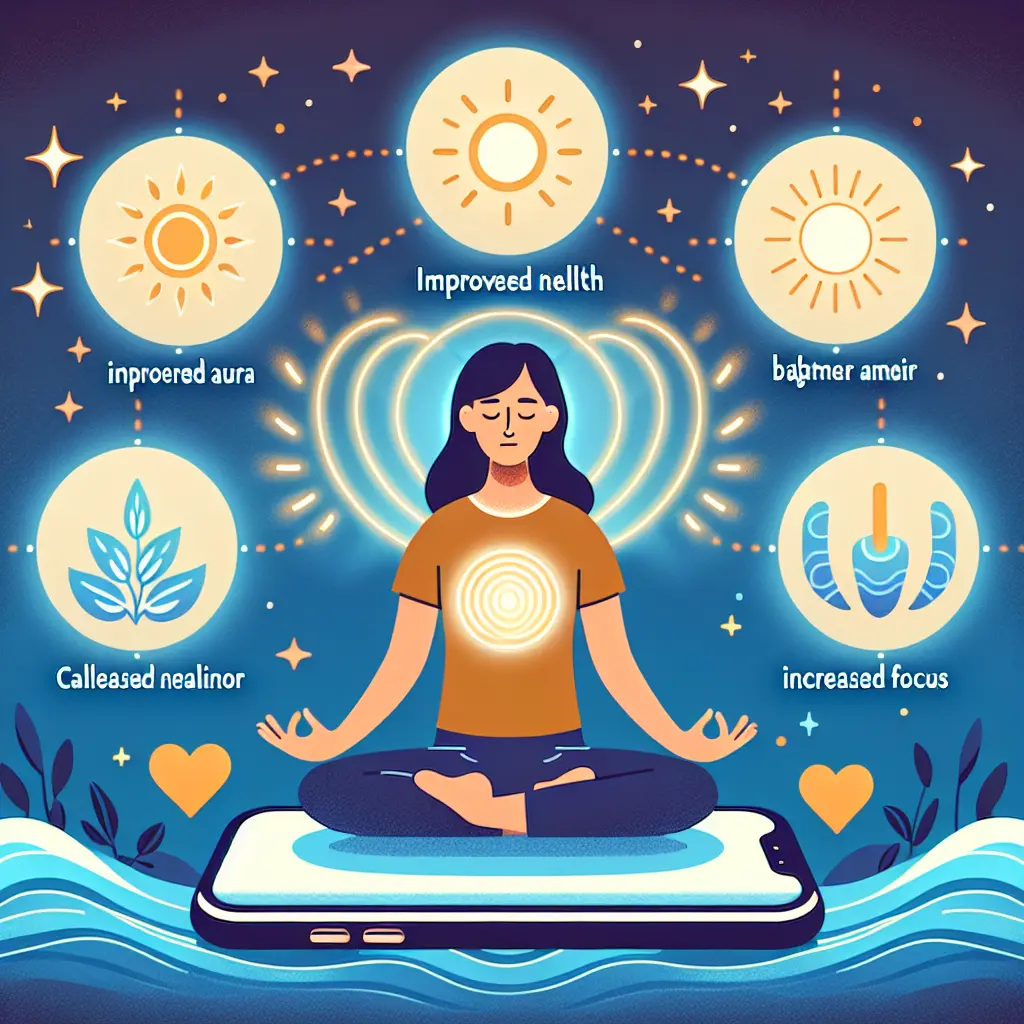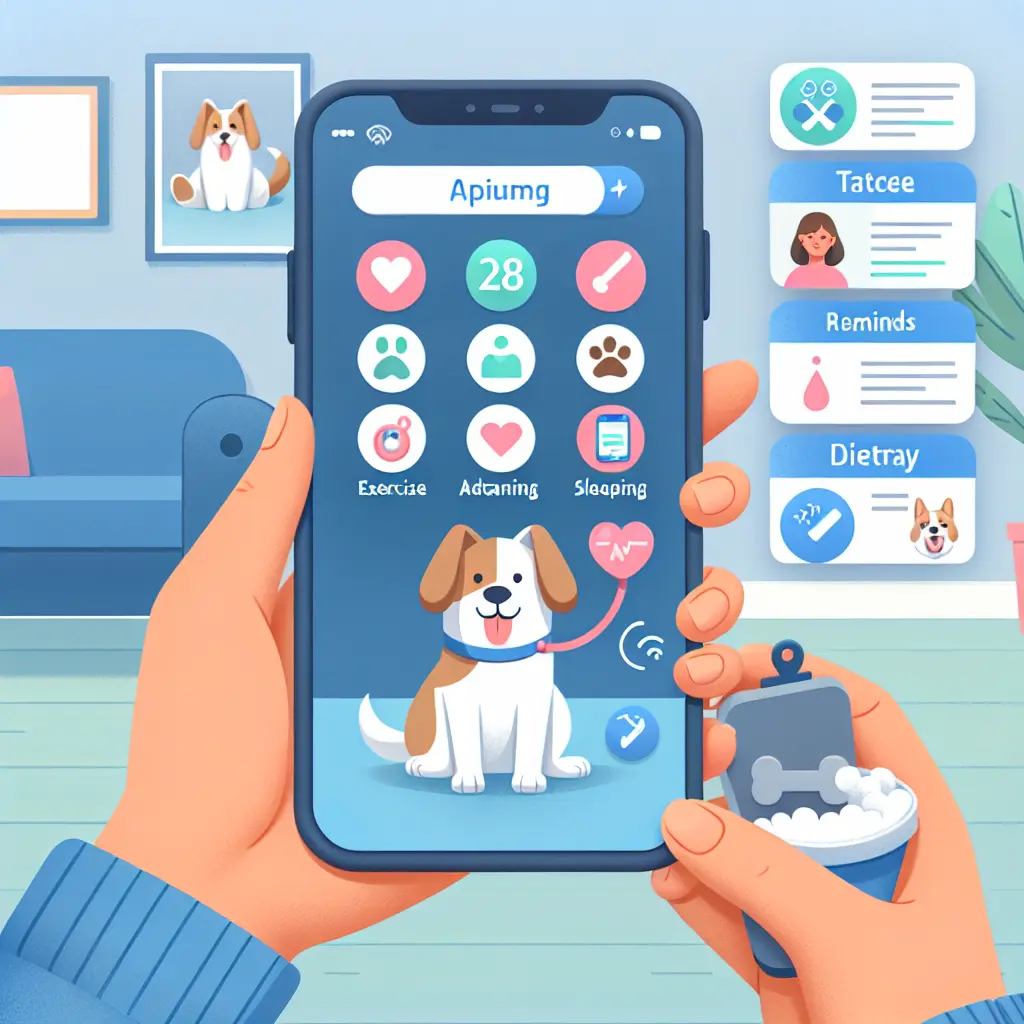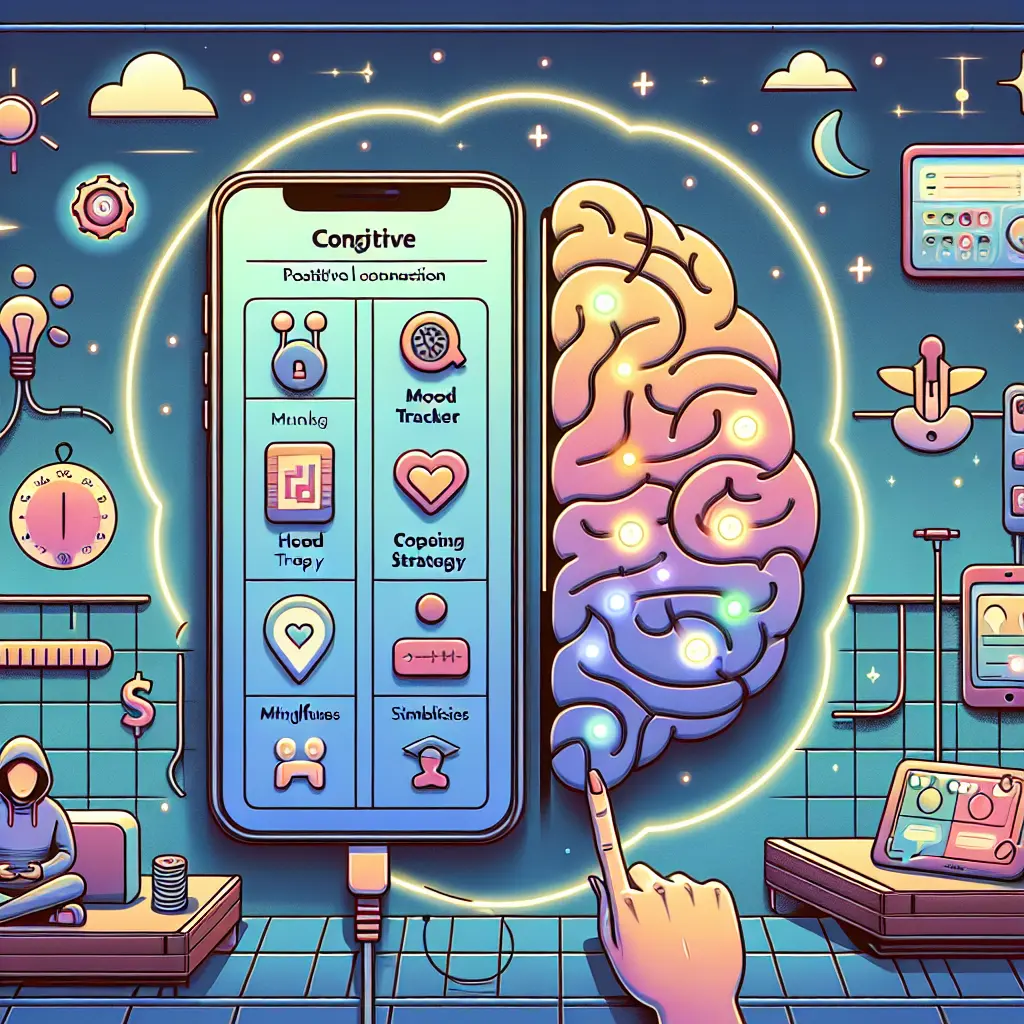In recent years, the fusion of technology and mental health care has given rise to a burgeoning field of solutions known as mental health apps. These digital tools range from mobile apps for mental health to more specialized offerings like anxiety management apps and cognitive behavioral therapy apps. Today, I'll delve into how these applications are revolutionizing the way we manage anxiety disorders and other mental health issues.
Anxiety disorders are the most common mental health concern in many countries, affecting millions of people each year. Traditional therapy, while effective, can sometimes be inaccessible due to cost, location, or stigma. This is where mental health apps, or psychological health apps, step in to bridge the gap. These apps offer a range of services from anxiety relief applications to stress relief apps, making mental wellness support more accessible than ever.
Cognitive Behavioral Therapy Apps: These apps help users modify problematic behaviors and thoughts. By using techniques that target specific issues, they are some of the best apps for anxiety and other mood disorders.
Mindfulness Apps for Anxiety: These apps teach mindfulness techniques, helping users to focus on the present moment, which can significantly reduce symptoms of anxiety and stress.
Mental Health Tracking Apps: They allow users to monitor their moods and symptoms over time, which can be useful for both users and their healthcare providers to track progress and triggers.
The Integration with Technology
Recent developments have shown how deeply these digital mental health tools can integrate with everyday technology. For instance, companies like Ultrahuman are enhancing their devices, such as the Ring Air smart ring, which competes with Samsung's Galaxy Ring. These devices not only track physical health but also provide mental health insights through their app ecosystems. Users can select from "thousands" of customized plug-ins to monitor and manage their health comprehensively (source).
It’s not just specialized companies focusing on mental health; mainstream tech players and other businesses are also acknowledging their role in promoting mental wellness. For example, the developers behind the game PowerWash Simulator recently used their platform to support mental health research by releasing special editions and content updates (source). Similarly, workplaces are adopting more holistic approaches to employee well-being, recognizing the importance of maintaining both mental and physical health.
The community aspect of managing health, including mental health, is becoming increasingly significant. For instance, the sober dating revolution led by Gen Z highlights a shift towards more mindful social interactions (source). This shift impacts mental health by fostering environments that reduce anxiety and stress associated with social expectations around alcohol.
Even at the highest levels of performance, the importance of mental health is clear. Olympians use a variety of tools and techniques to maintain focus and manage pressure. From mobile apps that help track mental health to simple iPhone tricks to reduce distractions, these strategies are crucial for achieving top performances (source).
Challenges and Considerations
Despite the benefits, there are challenges in using technology for mental health. Concerns around data privacy, the effectiveness of apps compared to traditional therapy, and ensuring these tools are used as complementary solutions rather than replacements need ongoing attention.
As we continue to navigate through advancements in technology and its applications for mental health care, the potential to significantly improve the lives of those with anxiety disorders is immense. From teletherapy apps for anxiety to comprehensive mental health intervention apps, these tools empower individuals to take charge of their mental well-being alongside professional care.
By harnessing the power of digital mental health tools effectively, we can hope to see a future where managing anxiety is not just about coping but thriving.








Leave a Comment